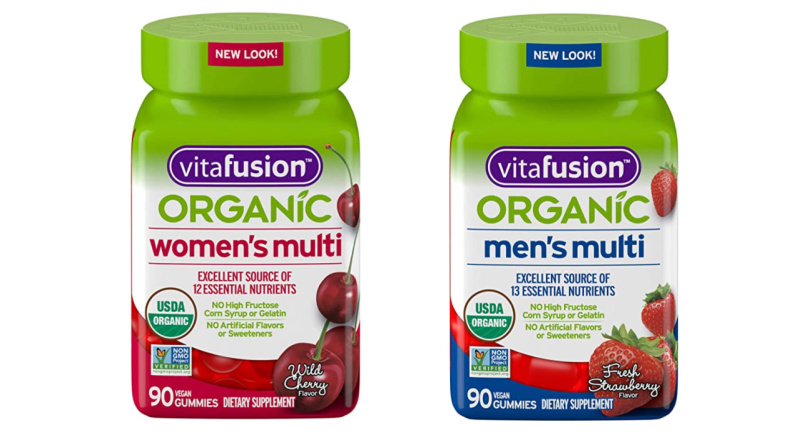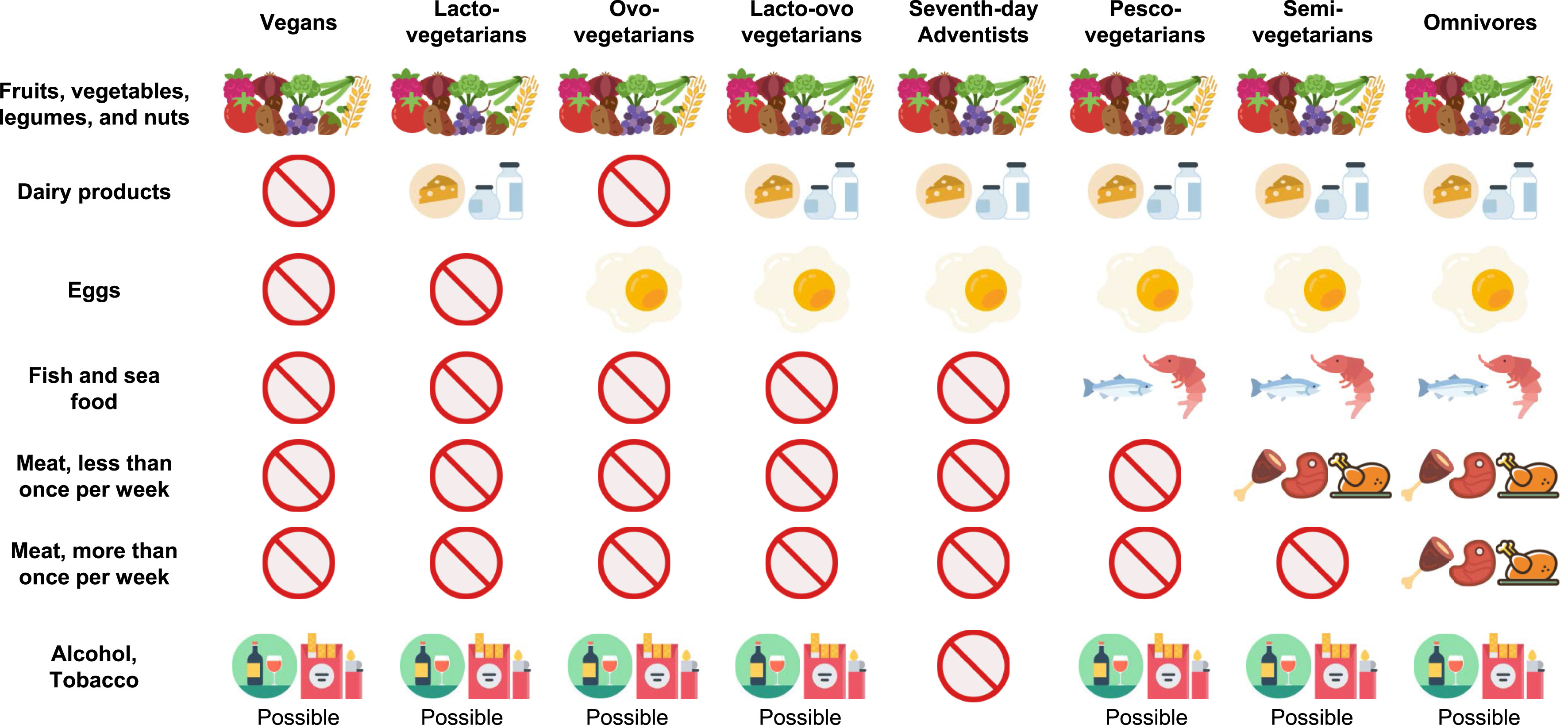
What are the health effects of a raw-food diet? What are the potential risks? Here are some reasons why raw food is worth considering. This diet is not only good for your health, but it can also be expensive. A raw food diet can prove to be extremely beneficial. However, it is not cheap. But it's worth it in long-term. Raw food has many benefits that outweigh its disadvantages.
Raw foods: What are some good food choices?
Many raw food diet recipes are made from fruits and vegetables. These meals are delicious and great for breakfast. You can add a bit of cheese or a nut butter to make them even more tempting. You can enjoy this diet with smoothies, but without having to forgo all of your familiar comfort foods. You can add any number of ingredients to your smoothie.
One of the main drawbacks to raw food diets is the limited choices in food and difficulty in preparing them. You may become bored with food and the preparation process. While this may not be harmful in the short-term it can cause you to become bored with the food and the preparation process. Fresh, raw foods are important for your diet. These are only a few benefits of a raw food diet. It's possible to give it a try for a week before you return to your usual eating habits.

Health benefits
You may be curious whether it is better to eat raw for health. Raw foods have many health benefits. For one thing, you'll have more energy. You may also notice that your skin looks clearer and you're more alert. It could even help you lose weight. There are a few things you should consider before you embark on a raw-food diet. Raw animal products should be avoided if you have any digestive issues.
For your daily food choices, ensure you only choose organic and locally grown produce. Non-organic produce is best avoided as they are often full of pesticides and other toxic substances. Furthermore, if you're planning to eat meat, be sure to avoid it, because raw meat can harbor parasites and bacteria. While fruitarians might have many health benefits, the best raw food diet for them is one that is 100% fruitarian.
Health risks
Raw meat, fish and poultry pose numerous health hazards. Raw animal products contain bacteria, and some are contaminated with toxins. Raw meats such as chicken, pork, and beef can be deadly. Raw meats are generally safe. However you should wash your fruits and veggies thoroughly before consuming them. Consuming raw meat may cause stomach issues and even lead to serious infections. These are all potential risks to consider before you eat raw meat, especially for pregnant women, children and those with weak immune systems.
According to the CDC Salmonella is responsible of more food-borne illnesses that any other bacteria than chicken. One in every 25 packages of chicken from grocery stores is contaminated. Raw chicken can cause food poisoning whether it has been contaminated by the chicken's processing or by simply contaminating surfaces in your kitchen or fridge. You should also remember that chicken juices can cause food poisoning in other foods.

Cost
You can easily increase the cost of eating raw foods depending on how much you cook them. Consuming superfoods, vitamins, and organic produce can quickly add up. You may end up spending more money than your budget allows. Here are some tips to help you save on your raw food meals. The first thing to do is choose seasonal food. This will reduce food waste, and increase the nutritional content of your meals. Second, make sure to shop in bulk. Many shops offer bulk discounts for large orders.
Organic grocery stores are another way to cut down on the cost of eating raw foods. Raw foods are usually cheaper than cooked food. Although raw foods are healthier for pets, cooking your own meals can be costly. Raw meals take longer to prepare than cooked food. Sprouting and germinating nuts, dehydrating and fermenting foods are just a few of the things you have to purchase. You can also purchase whole meals premade, which can save both time and money.
FAQ
Why do we need to have a healthy lifestyle?
Healthy living can lead to a longer and happier life. Good nutrition, exercise regularly, good sleep habits, and stress control can help you avoid diseases such as heart disease and stroke.
A healthy lifestyle will also improve our mental health by helping us cope better with everyday stresses. A healthy lifestyle can also help you feel and look younger.
What should I eat?
Get lots of fruits & vegetables. They are high in vitamins and minerals, which can help strengthen your immune system. They are also rich in fiber, which is good for digestion and makes fruits and vegetables filling. Include at least five portions of fruit and vegetables per day.
Make sure you drink plenty of water too. Water flushes toxins from your body and helps you feel full between meals. Drink about eight glasses each day.
Eat whole grains instead of refined ones. Whole grains retain all nutrients including B vitamins, iron and zinc as well as calcium, magnesium, calcium, protein, and magnesium. Refined grains are stripped of some of their nutritional value.
Avoid sugary drinks. Sugary drinks can be a source of empty calories, which can lead to obesity. Choose water, milk or unsweetened tea instead.
Avoid fast food. Fast food lacks nutritional value. You won't get the energy you need to function well, despite how delicious it may be. Avoid soups, sandwiches and other unhealthy options.
Limit your alcohol consumption. You should limit your alcohol intake as it contains empty calories and can lead to poor nutrition. Limit the amount of alcohol you consume in a given week to no more than 2 alcoholic beverages.
Reduce the consumption of red meat. Red meats are high-in saturated fats and cholesterol. Opt for lean cuts of beef, pork, lamb, chicken, fish, and turkey instead.
What is the difference of fat and sugar?
Fat is an energy source that comes from food. Sugar is naturally found in fruits and veggies. Both fats (and sugars) have the exact same calories. Fats however, have more calories than sugars.
Fats are stored within the body and can contribute to obesity. They can cause cholesterol buildup which can lead to strokes and heart attacks.
Sugars are quickly absorbed into the body and provide instant fuel. This causes blood glucose levels rise. High blood glucose levels can pose a danger because they increase the chance of developing type II Diabetes.
What is the problem in BMI?
BMI stands for Body Mass Index, which is a measurement of body fat based on height and weight. BMI is calculated using the following formula:
Weight in kilograms divided by height in meters squared.
The score is expressed as a number between 0 and 25. Scores of 18.5 and higher indicate overweight, while scores of 23 and higher indicate obesity.
A person who is 100kg and 1.75m tall will have a 22 BMI.
What is the most healthful lifestyle?
Living a healthy lifestyle is one that encourages you to eat well, exercise regularly, get enough sleep, and avoids stress. This will ensure that you live a long healthy life.
It's easy to start small with your exercise and diet. To lose weight, you can start walking 30 minutes per day. Swimming or dancing are great options if your goal is to become more active. A Fitbit or Strava online program that tracks your activity can be joined.
Statistics
- In both adults and children, the intake of free sugars should be reduced to less than 10% of total energy intake. (who.int)
- According to the Physical Activity Guidelines for Americans, we should strive for at least 150 minutes of moderate intensity activity each week (54Trusted Source Smoking, harmful use of drugs, and alcohol abuse can all seriously negatively affect your health. (healthline.com)
- WHO recommends reducing saturated fats to less than 10% of total energy intake; reducing trans-fats to less than 1% of total energy intake; and replacing both saturated fats and trans-fats to unsaturated fats. (who.int)
- nutrients.[17]X Research sourceWhole grains to try include: 100% whole wheat pasta and bread, brown rice, whole grain oats, farro, millet, quinoa, and barley. (wikihow.com)
External Links
How To
10 Tips for a Healthy Lifestyle
How to maintain a healthy lifestyle
We live in a fast-paced world that makes it difficult to get enough sleep, consume too much alcohol, smoke cigarettes, and eat too much. We don’t care enough about our health.
When you work full time and have to balance your exercise and diet regimens, it can be hard to create a healthy lifestyle. Stress can make it more difficult if your mind is telling you that you cannot handle the situation anymore. This makes it all the more difficult.
It is possible that your body is experiencing problems. Seek out a doctor to discuss your current health condition. If nothing is abnormal, it might be stress due to your job.
People believe they are lucky because they can go to the gym every day or have friends who keep them fit. But those people are actually lucky. They don't have problems. They control everything. I wish every person could be like them. Most people don't know how balance work and life. Many people develop bad habits that eventually lead to disease such as diabetes, heart disease, and cancer.
These tips can help you improve your lifestyle.
-
Sleeping 7 hours a night minimum, 8 hours maximum is the ideal amount. This includes proper sleeping postures and avoiding caffeine in the hours before bed. Caffeine blocks the production of melatonin hormones and makes it harder to fall asleep. Make sure your bedroom is dark and clean. Consider using blackout curtains, especially if working late at night.
-
Get healthy - Start your day with a good breakfast. Avoid sugar products, fried foods and white breads. For lunch, try to include fruits, vegetables and whole grains. You should eat healthy afternoon snacks that are high in fiber and protein. These include nuts, seeds beans, legumes, fish, cheese, and dairy products. Avoid snacking on unhealthy foods like chips, candy, cookies, cakes, and sodas.
-
Drink plenty of water. Almost everyone doesn't drink enough water. Water can help us burn more calories, keep our skin supple and young, flush out toxins and improve our digestion. Drinking six glasses of water daily will help you lose weight faster. Your urine color is the best way to determine your hydration levels. Dehydrated means yellow; slightly dehydrated means orange; normal means pink; overhydrated means red; clear means highly-overhydrated.
-
Exercise - Regular exercise has been shown to reduce depression and increase energy levels. Walking is an easy workout that can also improve your mood. Walking is easy, but it takes effort and concentration. Your brain must focus on walking and breathe slowly and deeply. For between 100 and 150 calories, a 30 minute walk can be enough to burn about 100 to 150 calories. Slowly build up and start slow. Stretching after exercise is important to avoid injury.
-
Positive thinking is key to mental health. Positive thinking can create a happy atmosphere within us. Negative thoughts cause anxiety and drain our energy. Focus on what you want and do the things that will keep you motivated. If you feel overwhelmed by all these new tasks, break down each task into small steps. Do not be discouraged if you fail, just get up and try again.
-
You must learn to say No - Too often we get so busy we forget how much time is wasted on things that are not important. It is important you can say No when it is necessary. Saying 'no' does not mean being rude. You are simply saying "no" to something. You can always find other ways to complete the job later. Try to set boundaries. Ask someone to help. Delegate the work to someone else.
-
Take care of you body. Healthy eating habits will increase your metabolism and help you lose weight. You should avoid eating too many oily and heavy foods, as they can increase your cholesterol. Three meals and two snacks are a good rule of thumb. The recommended daily intake should be between 2000 and 2500 calories.
-
Meditate - Meditation can be a great stress reliever. Sitting still with closed eyes allows your mind to relax. This will help you make better decisions. Regular meditation practice will help you be calmer, happier, and more peaceful.
-
Breakfast is the most important meal in the day. Skipping breakfast can lead to eating too much lunch. It's never too late to have a balanced breakfast. Just make sure you eat it within one hour of getting up. Breakfast can increase your energy level and help you to manage your hunger.
-
Good food is healthy. Avoid junk food and other food items that have artificial or preservative ingredients. These foods can make your body more acidic and cause cravings. A variety of fruits and vegetables is rich in vitamins, minerals and other nutrients that can help improve overall health.
-
***